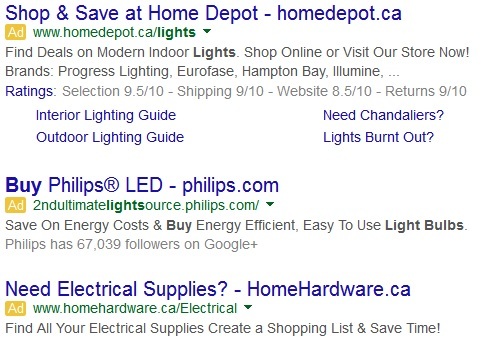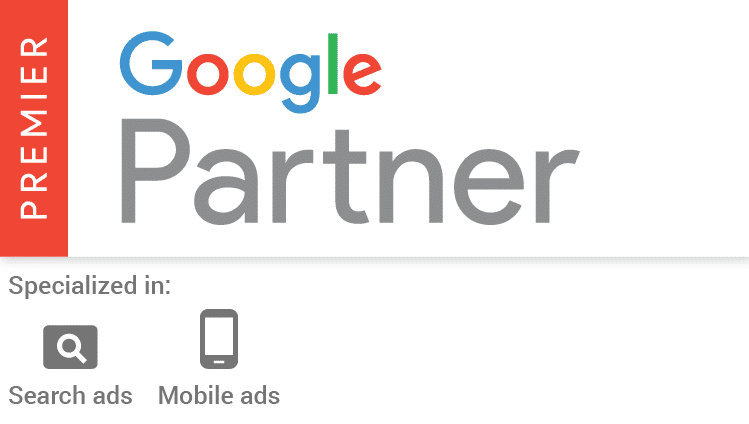If those acronyms are gibberish to you, let’s start with a quick refresher. Search engine optimization (SEO) is all about moving up search engine rankings through good old fashioned gumption. Good web design, solid content, lots of links to your work … the better and more popular your site is, the better your search engine results will be. That’s a simplification of a complex art, but for the purposes of this conversation SEO is the free, merit-based approach.
Then there’s PPC, or pay-per-click. You can probably guess how this form of advertising works – your website appears near the top of search engine results, but you pay every time someone clicks the link. The exact cost varies depending on the keyword, but hopefully it’s less than what your new customers spend.
The question of which to use is common, but it’s a trick. It’s not a one or the other decision, because they work in tandem. If you’re willing to spend the money on paid advertising, you should absolutely use both. While good SEO work can take months to pay off, PPC starts showing up the moment you fork over some cash. PPC also gives you complete control over your message and your money – your ads say exactly what you want them to and you can choose to stop paying at any time, whereas natural search engine results are a little more nebulous in their wording and it’s difficult to tell how effective your investment into SEO is being.
Some have theorized that good SEO has more credibility than PPC, but that has certainly never been proven. Nor does it recognize the fact that great PPC can often deliver more relevant listings than SEO. On the plus side for SEO, your rankings are long lasting – PPC results stop appearing the moment you stop paying. Solid SEO will ensure that your site stays near the top for months or even years. And unlike ads, SEO can affect more than your home page. If your SEO is excellent, other sites that mention your business – say, a local paper writing about your store – will also get a boost in the rankings, and that can only be good for you (as long as the paper doesn’t hate you).
By now you’ve probably figured out why these work well together. PPC is a quick fix that grabs the attention of less-discerning customers – they don’t particularly care that they’re clicking on an ad, because they just want to buy some paintbrushes and be done with it. If you want a sudden influx of views, a smart use of PPC can provide it.
 “Ad” won’t discourage anyone from shopping at well-known stores.
“Ad” won’t discourage anyone from shopping at well-known stores.Good SEO is a long term project. Your work won’t pay off overnight, and watching your site slowly crawl up the search results can be agonizing. But it’s worth it, because you’ll attract the type of serious prospect who cares about quality and good service, and you better believe that there are a lot of those in the home improvement industry.
Spending money on PPC can help you get new customers, and having good SEO will help keep them by proving that your business offers a lot more than an advertising budget. The two work well on their own, but work even better together.
